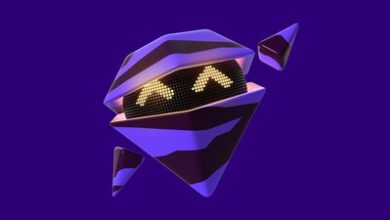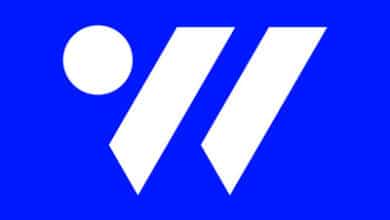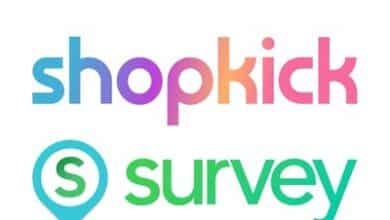To be an engineer, it takes an understanding of multiple tools like voltmeters, etc. But what if all these tools can be combined into just one?
One such gadget has been created by Liquid Instruments. Moku:Go combines several commonly used tools into one compact package. This keeps the working bench cleaner and provides a modern, software-configurable interface. Liquid Instruments has just raised $13.7 million to bring this gadget to students and engineers everywhere.
Advancement of the previous product
The idea behind Moku:Go is largely the same as the company’s previous product, the Moku:Lab. Using a standard input port, a set of FPGA-based tools perform the same kind of breakdowns and analyses of electrical signals just as in a larger or analog device. But being digital saves a lot of space that would normally go toward bulky analog components.
The Go further miniaturizes all this by doing many of the same tasks at half the weight and with a few useful extra features. It’s intended for use in education or smaller engineering shops where space is at a premium. Combining eight tools into one is a major coup when your bench is also your desk and your file cabinet.
Those eight tools are – waveform generator, arbitrary waveform generator, frequency response analyzer, logic analyzer/pattern generator, oscilloscope/voltmeter, PID controller, spectrum analyzer, and data logger. It’s hard to say whether that really adds up to more or less than eight, but it’s definitely a lot to have in a package the size of a hardback book.
Configuration and other details
The access and configuration are done using a software interface rather than a bunch of knobs and dials. This is beneficial in many situations. For example, When you’re teaching a bunch of young digital natives. However, a clean point-and-click interface is probably a plus. The UI is actually very attractive; you can see several examples by clicking the instruments on this page, but here’s an example of the waveform generator:
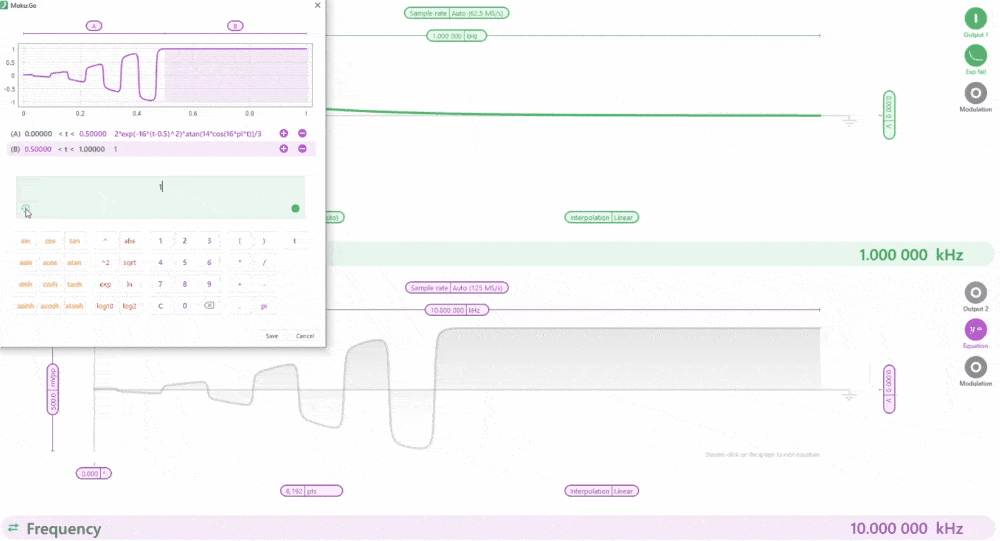
The Moku:Go currently works with Macs and Windows but doesn’t have a mobile app yet. It integrates with Python, MATLAB and LabVIEW. Data goes over Wi-Fi.
Compared with the Moku:Lab, it has a few perks. A USB-C port instead of a mini, a magnetic power port, a 16-channel digital I/O, optional power supply of up to four channels, and of course it’s half the size and weight. It compromises on a few things — no SD card slot and less bandwidth for its outputs, but if you need the range and precision of the more expensive tool, you probably need a lot of other stuff too.
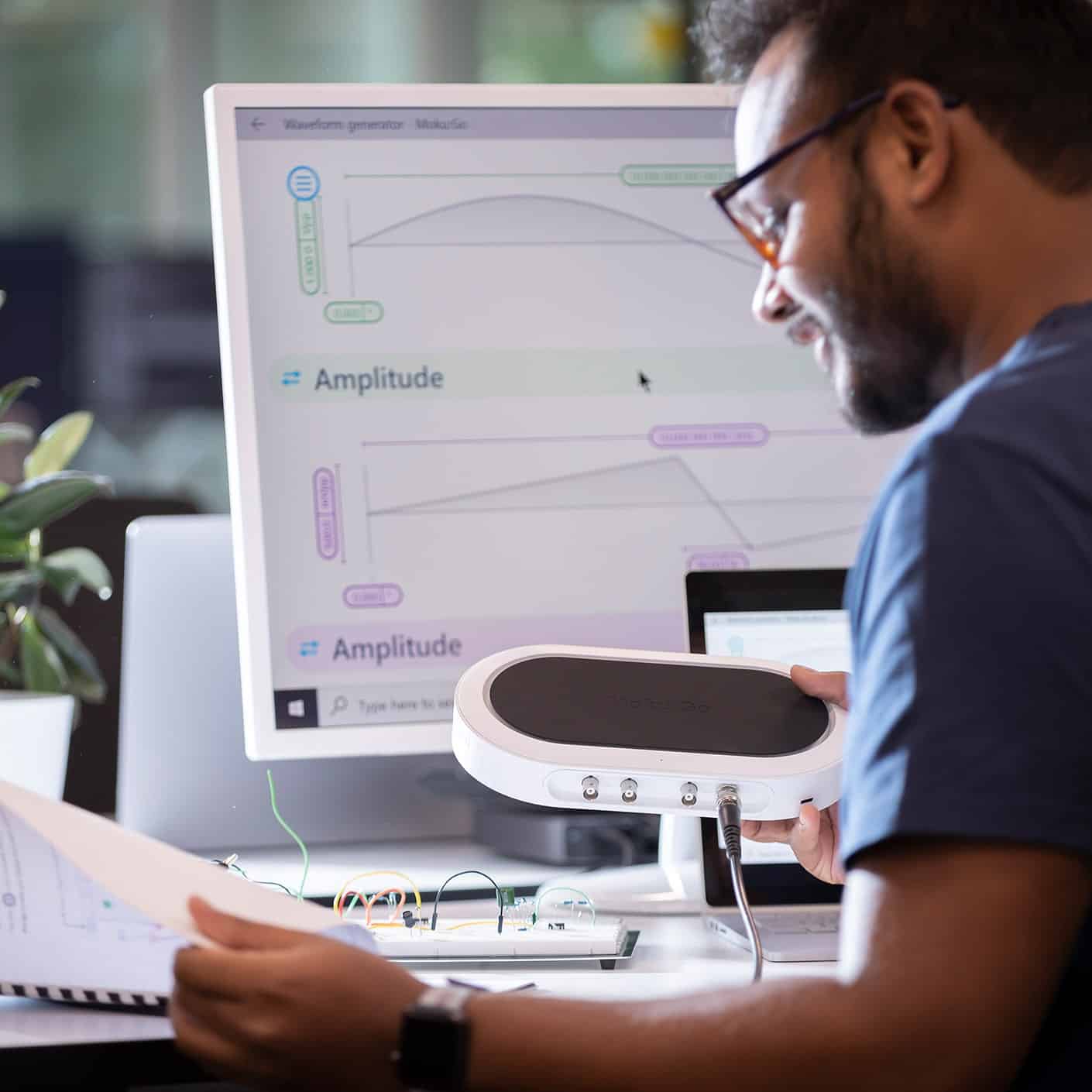
Pros of the Go
Since the smaller option also costs $500 to start compared with the big one’s $3,500, there’s major savings involved. And it’s definitely cheaper than buying all those instruments individually.
The Moku:Go is “targeted squarely at university education,” said Liquid Instruments VP of marketing Doug Phillips. “Professors are able to employ the device in the classroom and individuals, such as students and electronic engineering hobbyists, can experiment with it on their own time. Since its launch in March, the most common customer profile has been students purchasing the device at the direction of their university.”
About a hundred professors have signed on to use the device as part of their fall classes. The company is also working with other partners in universities around the world. “There is a real demand for portable, flexible systems that can handle the breadth of four years of curriculum,” Phillips said.
Further details on investments
Production starts in June and samples are out to testers too. It is the costs of these tester gadgets, that likely have prompted the recent round of funding. The $13.7 million comes from existing investors Anzu Partners and ANU Connect Ventures, and new investors F1 Solutions and Moelis Australia’s Growth Capital Fund. It’s a convertible note “in advance of an anticipated Series B round in 2022,” Phillips said. It’s a larger amount than they intended to raise at first. Hardware companies also faced difficulties over the last year. Therefore, some irregularities are probably to be expected.
There is no doubt that the expected B round will depend on the success of the Moku:Go’s launch and adoption. But in a few years, this product might just become a common item in the classroom category.

